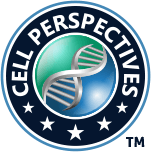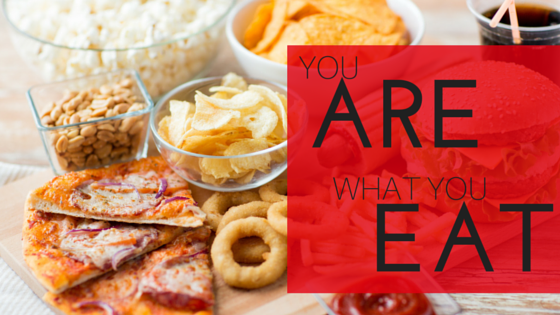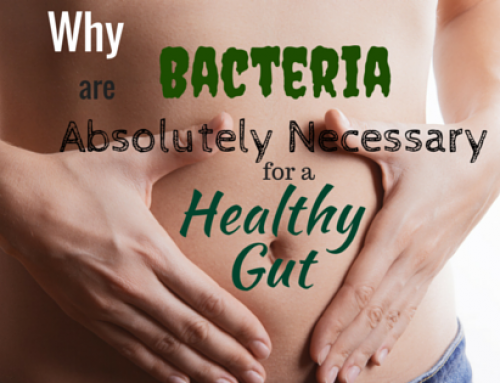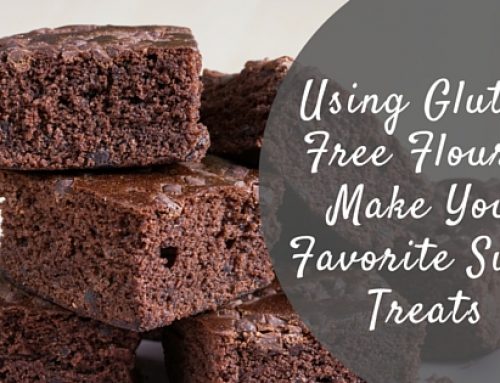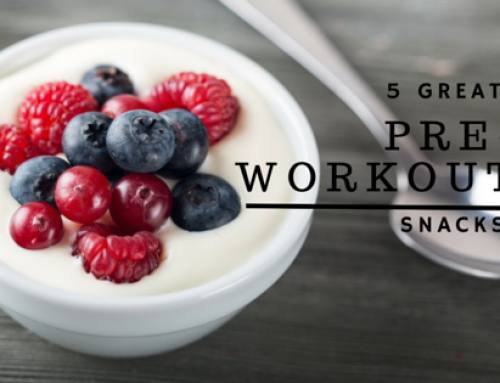With all the marketing of seemingly magical tricks to losing weight, looking young, and regaining energy, it becomes easy to forget that the best way to actually lose weight, look young, and regain energy is to get back to basics.
Diet, exercise, and the right supplements are all almost anyone needs to keep their body working the way it should and feeling their very best. In this blog post, we will focus on how focusing on the right foods, recognizing special diet requirements, and understanding the relationship between diet and aging can improve overall health.
The ebook Living 10 Years Healthier: How Diet, Exercise, and Supplements Can Help Improve Your Health and Turn Back the Clock outlines how diet can improve your health.
“Your body obtains nutrients, such as protein and vitamins, from every food it takes in. It then uses those nutrients to support its processes, from brain functions to wound healing. The three main nutrients the body needs, which are called macronutrients, are carbohydrates, fats, and proteins. It uses carbohydrates as its primary fuel source and for the proper functioning of bodily systems and organs. It uses fats as energy, to give padding to organs and for other purposes while proteins help the body maintain muscle, grow and more. Your body also uses micronutrients, which include vitamins and minerals, for its proper functioning.
The foods you eat give you most of the macronutrients and micronutrients your body needs to function at its best on a daily basis. This is why it’s so important to have a balanced diet. Not every food contains all of the essential nutrients, and many of the processed foods in our society do not provide much nutritional value at all. Therefore, you need to focus on balancing the types of foods you eat to give your body its best health.
Which Foods to Focus On
When you want a healthy diet with the goal of improving your health, focus on balance. Make sure you take in all of the food types, including grains, dairy products, meats and seafood, legumes, nuts, fruits and vegetables. If you forgo any type of food, you’ll need to make sure you get the nutrients you’re missing from another food type. Within each type of food, focus on variety. For instance, if the only fruit you eat is pineapple, you will limit the nutrients your body takes in. By eating different colored fruits, vegetables and legumes, you can ensure you’re providing your body with varying types of vitamins and minerals.
On top of eating certain types of foods and nutrients, you also need to limit some. It’s important to limit the processed foods you eat because they don’t give the body much to work with and they can create health problems. Other components to limit include sodium, sugar, and additives. Nonetheless, there is some debate on the foods to limit. For instance, some camps say to limit fats or carbohydrates, while others recommend focusing on the type of fat or carbohydrate more prominently than the amount. This might be a case of following the recommendations for your particular health situation, whether you need a specialty diet for a certain health problem or your body lets you know which foods make it feel best.
Specialty Diets
While it’s important to have a healthy diet, the meaning of that can differ based on the person. Some people need a specialty diet to achieve their best health, so there is not a one-size-fits-all healthy diet. In fact, a diet that might be healthy for one person could actually harm someone else who requires a specialty diet.
There are many types of specialty diets based on different health conditions, diseases or goals. For instance, someone with a sensitivity to gluten, which is a protein in wheat and some other grains, needs to follow a gluten-free diet. A person with a peanut allergy needs to stay away from foods that contain peanuts. In the same way, someone with a high risk of heart disease needs to eat foods that encourage a healthy heart, such as fish with omega-3 fatty acids and vegetables, while reducing his intake of ones that can aggravate the disease, such as high-sodium foods.
Diet and Aging
Diet relates to age because your body slows down or stops production of certain substances as you get older. Because of that, your body is aging sooner than you think underneath the surface. For instance, the digestive tract can create less lactase, which is an enzyme that helps break down dairy products, than it once did, creating problems with eating dairy products. Women slow their production of estrogen as they age, and in everyone, the eyes and mouth stop making as much fluid. A major change that you see in the mirror is that the body creates less collagen and elastin, which are the substances that keep youthful skin strong, tight and movable. Through diet, exercise and supplements, you can nourish your body to help it work against some of these aging processes.
In addition, stress and damage to your cells encourages aging in your body. But the foods you eat and possibly how much you take in have an effect on oxidative damage at the cellular level in your body. While some foods, such as fried food, can create cell damage, other foods, including fruits with antioxidants, can work against that damage and delay aging.”
To learn more about how diet, as well as exercise and the right supplements, can improve your health, download Living 10 Years Healthier: How Diet, Exercise, and Supplements Can Help Improve Your Health and Turn Back the Clock.
Disclaimer
These statements and products have not been evaluated by the food and drug administration “FDA” and are not intended to diagnose treat, cure or prevent any disease. The products, nutrition, and or lifestyle suggestions on this site, or in this blog or any of its written content, you should always consult your primary care physician before taking any of these things into consideration.
